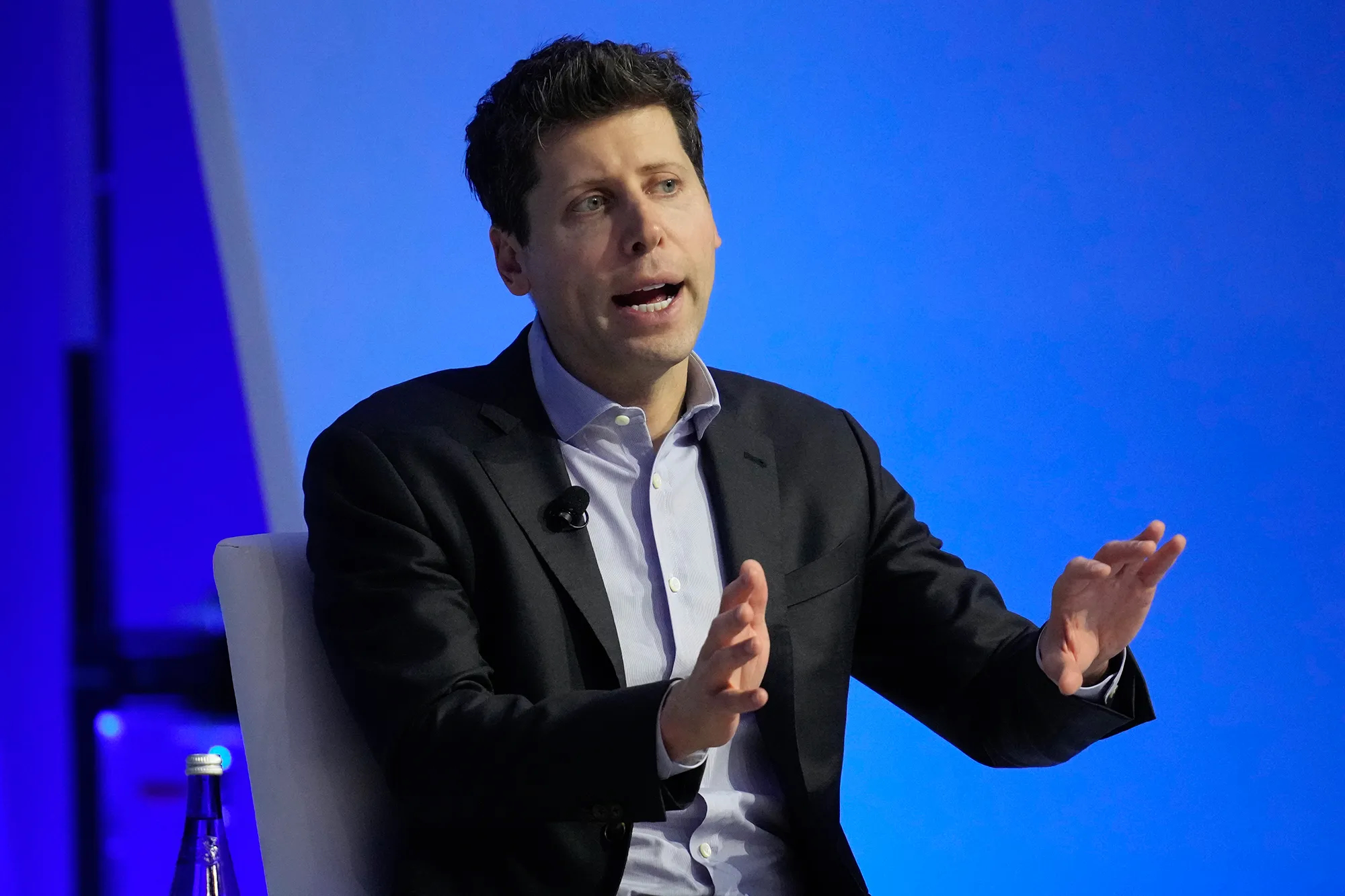
"Robert Bartlett, a professor of law and business at Stanford Law School, has studied and worked in the venture capital ecosystem for three decades. He said OpenAI's start as a nonprofit was unusual and related to its unique mission around artificial intelligence. But it found being a nonprofit restrictive, making it difficult to raise capital and compensate its employees with equity in the company. Its restructuring should pave the way for an eventual initial public offering."
"Bartlett said the new arrangement that the nonprofit, a minority stakeholder, will have oversight of the public benefit corporation is also unusual. He said the deal envisions a "pretty active role" for the nonprofit's safety committee, which will include the right to control safety procedures and halt the release of AI models made by the corporation. But not knowing exactly how much overlap there might be between the boards of the nonprofit and the corporation is a big question, as is the ultimate composition of the committee, Bartlett said."
California will monitor OpenAI to ensure adherence to its charitable mission and protection of Californians' safety. OpenAI's nonprofit origins limited capital raising and employee equity compensation, prompting a restructure toward a public benefit corporation and enabling a potential future IPO. The nonprofit will remain a minority stakeholder with an envisioned safety committee empowered to control safety procedures and to halt AI model releases. Uncertainty remains about the extent of board overlap and the ultimate composition and activity level of the safety committee. A former product safety lead contends that OpenAI has a history of ignoring risks and urges caution.
Read at Kqed
Unable to calculate read time
Collection
[
|
...
]